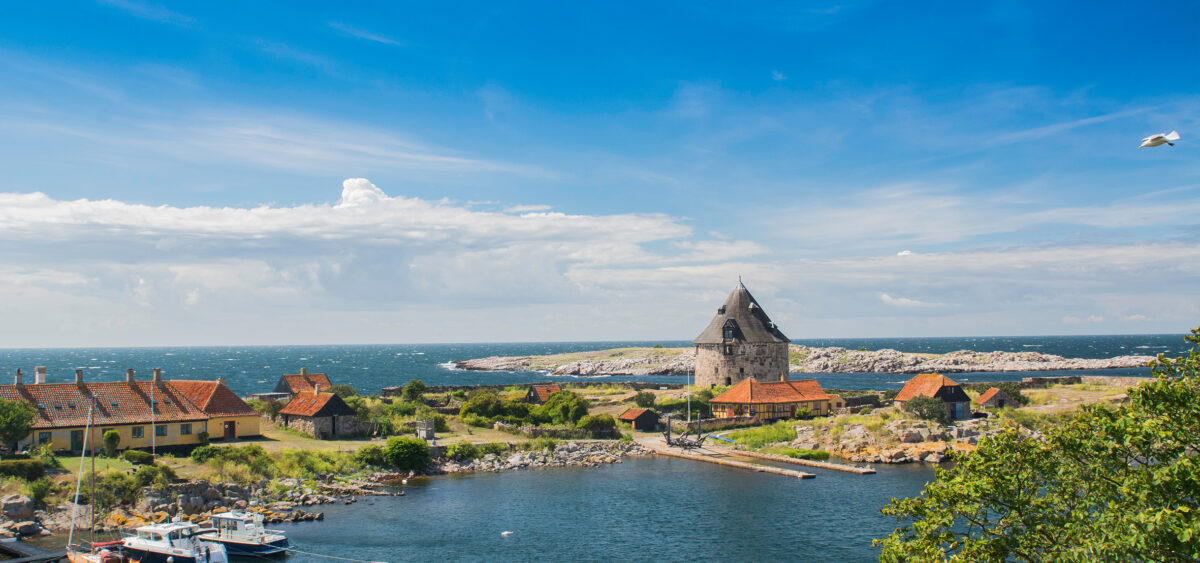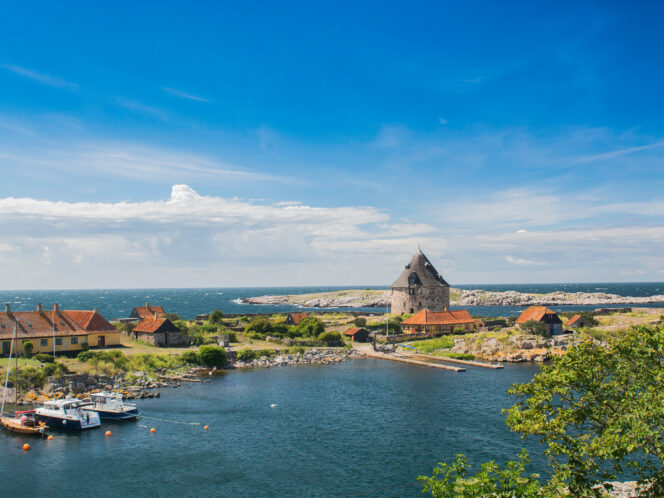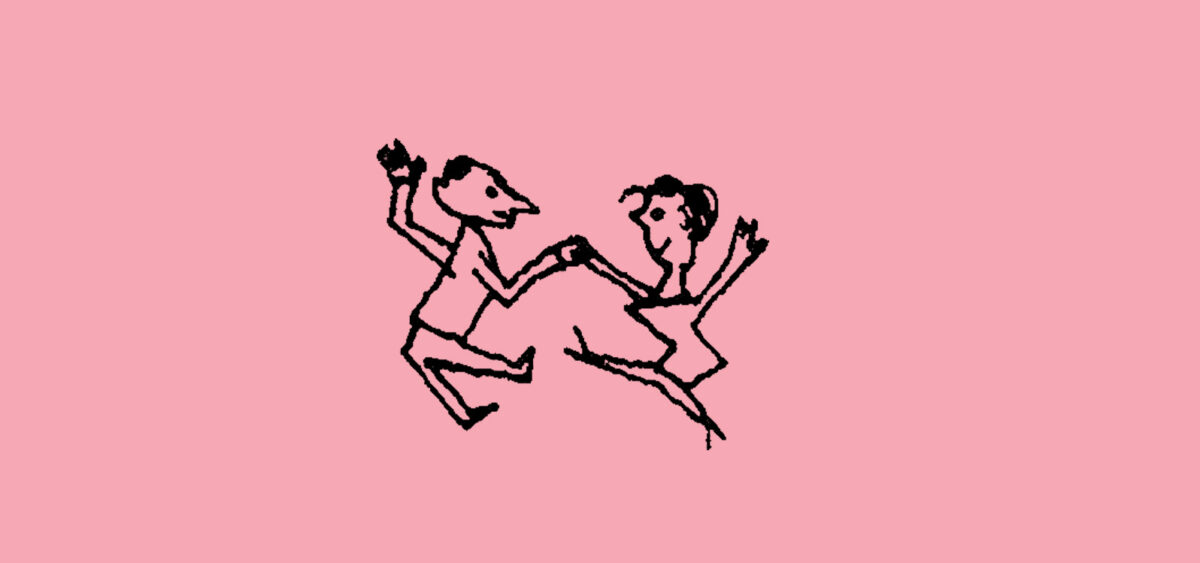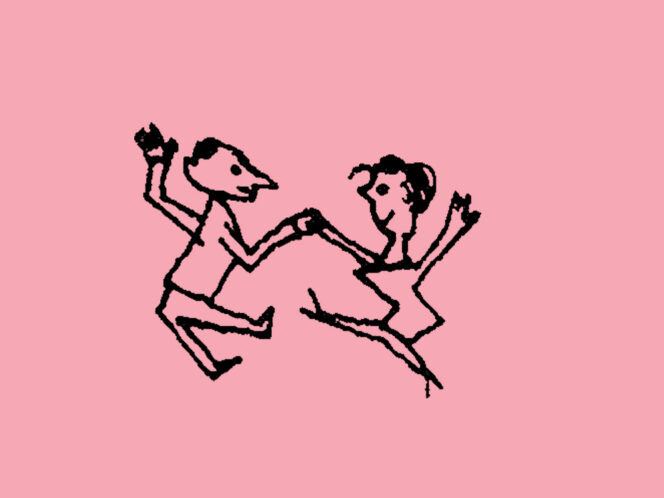
If you find yourself near the Baltic Sea and dreaming of an exotic island getaway, you don’t have far to go. Just head to the Danish island of Christiansø. It’s an eco-friendly trip, a slow-living excursion.
In the Danish part of the Baltic, roughly in between Sweden and Poland, the Ertholmene archipelago rises from the waves. It includes several baby islands and a couple more impressive ones, though they’re rather child-sized. Only the larger ones are inhabited: Frederiksø (named after Frederick IV) and Christiansø (named in honour of Christian V).
The islands are made from granite, and opinions are divided on who created them. What’s known for sure is that around the year 1000, some Baltic pirates took a liking to the islands and established their base there – they’d sail out to plunder ships going to and from the ports on Bornholm. At a certain point, King Cnut the Great became irritated by this, and he sent his representative, the Viking Egil, to knock the pirates into line. But Egil rebelled, and after dealing with the pirates, he started plundering on his own. He became famous for burning a ship, together with its crew, off the coast of Norway.
30 years later, the island was still inhabited by bad guys. This time it was former privateers of the Hanseatic League, who like Egil before them turned to crime and mercilessly plundered their former employers as they transported exotic goods by sea. Later, during








